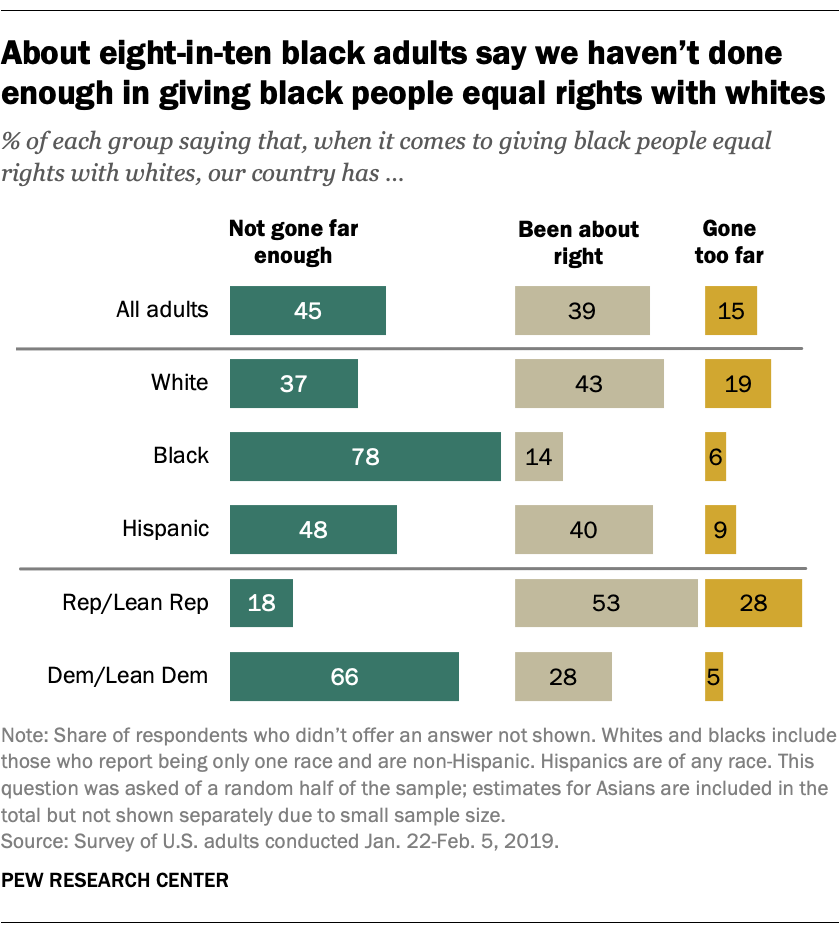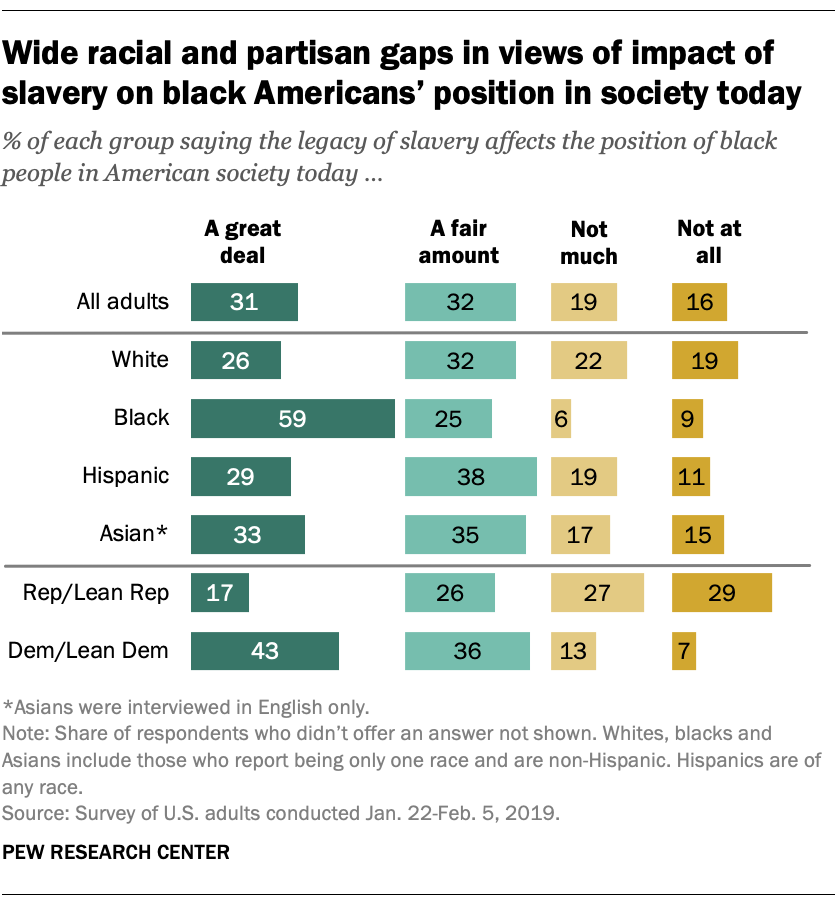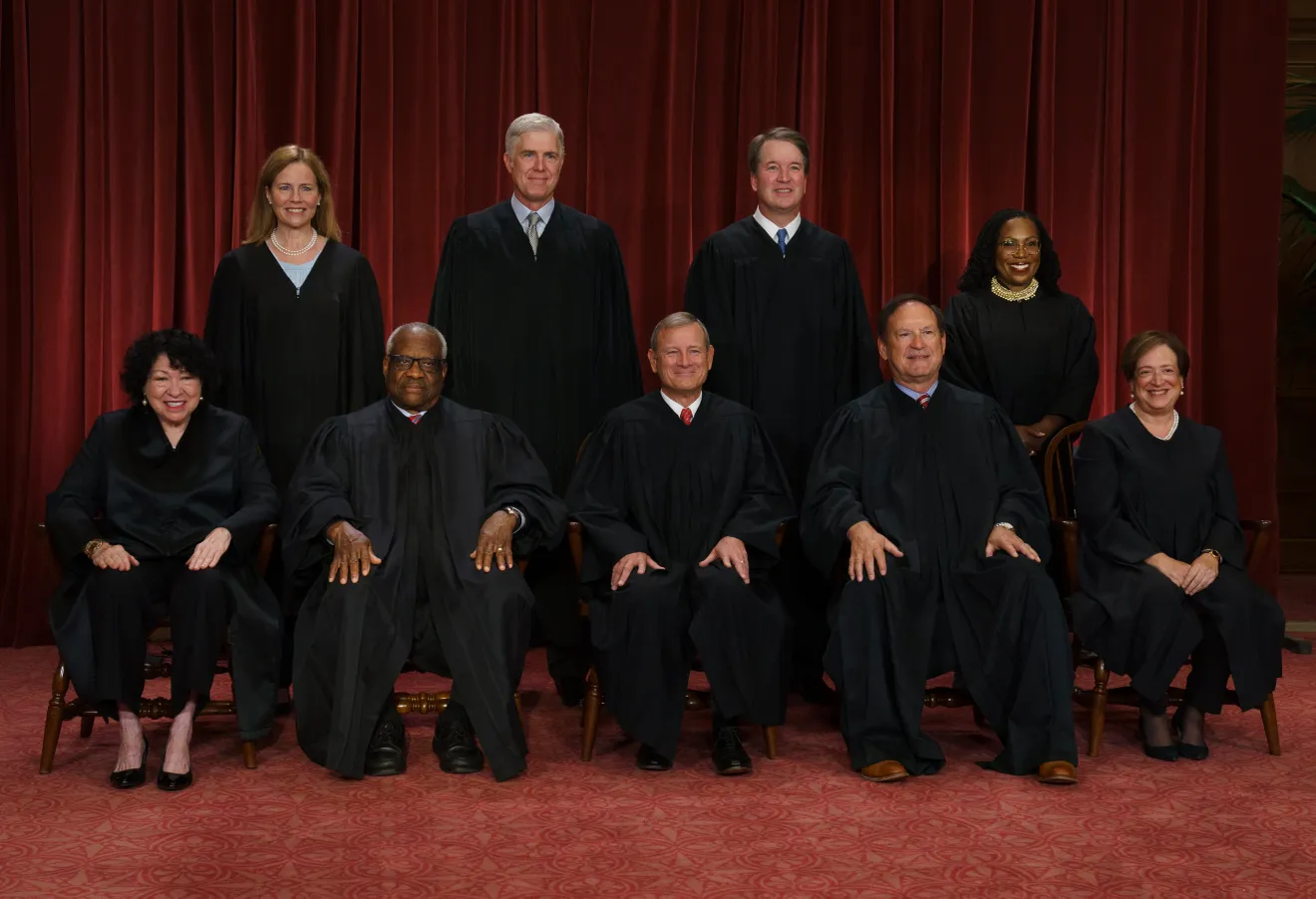The recent repeal of affirmative action has catalyzed national discussion about what policies most effectively advance racial equality for Black Americans. Affirmative action, while not reparations, was a social inclusion policy that sought to increase minority representation in universities where students of color may not have been accepted due to systemic discrimination. While affirmative action did not significantly increase Black enrollment in universities, the repeal of the policy exemplifies the United State’s begrudging attitude to socioeconomic conditions for Black Americans. Many academics have argued that Black Americans descended from victims of the Trans-Atlantic Slave Trade should receive reparations as a means of increasing racial equality and justice. Reparations is a form of restorative justice that looks to compensate individuals that have been systemically wronged, instead of just punishing the wrongdoer. There is a plethora of empirical evidence that shows Black Americans have suffered economically and socially after slavery ended in the 19th century. To lessen these individual hardships, it is imperative for the US government to provide comprehensive reparations to Black Americans.
Systemic oppression against Black Americans, namely through Jim Crow laws and socioeconomic ruin during slavery, has produced an immense wealth gap between Black and white Americans. In 2019, the average per capita wealth of white Americans was $277,967 more than the average of Black Americans. This wealth disparity has only increased by around .01 percent per year since 1980. Many economists attribute the growing wealth gap to the mass incarceration of Black Americans as well as housing and education discrimination. To right the wrongs of systemic oppression in the US, reparations are essential.
Reparations for Black Americans could look like subsidizing education, housing, business endeavors, or healthcare. However, many Black historians and advocates of reparations have stressed the importance of critical race theory education among Americans as the pinnacle of reparations. Cash won’t solve every problem stemming from racism, but education would help systemically change the way the US understands racial inequality.
Addressing Preconceived Opposition to Reparations:
Opposition to reparations can be found largely among conservative politicians who find it unnecessary. Senator Mitch McConnell’s misunderstanding of reparations exemplifies how opposition stems from the arrogance of Black history and systemic oppression. Though some left-wing politicians like Cory Booker have proposed research into a plan for reparations, it has been overshadowed by other policies or menial diversions.
Furthermore, Americans who oppose reparations claim they do not like the idea of cash checks going to Black Americans. While monetary damages are a form of reparations, a comprehensive policy would do more than throw money at a problem. Aside from a cash check, these reparations would address the barriers to education, homeownership, and representation throughout businesses that Black Americans face.
The cost of reparations has swayed many politicians and citizens against it. While the cost of reparations has been summed to about ten trillion dollars, this was money robbed from Black Americans over centuries. From the slave trade to the Jim Crow era to the present, Black Americans’ work has been deeply undervalued and unaccounted for. Academics have tabulated the ten trillion dollar figure from information such as the price of enslaved people, the never-received forty acres and a mule, the number of hours worked per person in the period of slavery including the average salary at the time, and accounting for three percent inflation since the 17th century. The estimated figure comes out to roughly $291,186 owed to every Black American. These checks would be rolled out over a series of years to avoid a spike in inflation. The cost, though large, is only about double what the government spent in one year for the COVID-19 stimulus package in 2020. Furthermore, economic experts have claimed the Federal Reserve can roll out $1-1.5 billion per year without increasing taxes. When taking into account that this policy would roll out over a decade or two, the inflation impact is minimal.
While the burden of reparations lies upon the institutions that benefited from slavery, it will ultimately rest upon taxpayers. This is another facet of economic opposition to reparations. Immigration provides a nuanced issue to the idea of reparations for Black Americans – should immigrants from other countries pay the taxes that fund reparations? Since the end of the Civil War, there have been two waves of immigration that have brought millions to the US. If reparations were to be paid with taxes from the past century, this means that non-US citizens would be contributing payments. When living or visiting the US, tax dollars go to every aspect of US expenditures: the good, the bad, and the ugly. Under this system of government funding, citizens unfortunately have little say in what their money contributes to. In the case of reparations, however, perhaps taxpayers who benefit from the institutions in the US that are rooted in slavery should be okay with their money indirectly funding an end to systemic racism.
Many Americans also wonder how Black Americans will be able to identify themselves as descendants of Africans brought over during the slave trade. Fifty-seven percent of Black Americans assert their relation to enslaved ancestors, while thirty-four percent are unsure. However, some surveys show that upwards of seventy-three percent of African Americans are direct descendants of Africans brought to the US. Unfortunately, a lack of data collection during the time of slavery produces barriers for Black Americans to learn about their past. Luckily, advances in biotech and genealogy have made it much easier for Black Americans to discover their ancestors.
In summary, most opposition to reparations comes from a lack of understanding about Black oppression and how the policy would be financed. Opposing individuals are either doubtful of the cost, not keen on paying for a problem they didn’t create, doubtful of Black individuals’ descendance from enslaved Africans, or if the legacy of slavery still exists today. If the cost is feasible, and technology allows individuals to confirm their ancestry – is the opposition to reparations solely based on ignorance about the centuries of systemic oppression Black Americans have faced? This poses many questions about the level of education most Americans are receiving regarding Black history.


Reparations Are Feasible:
When considering reparations for Black Americans, it is imperative to note that reparations are given out regularly for other groups. Reparations, or restorative justice, are given to thousands of Americans who have been wronged in some kind of way. This can be anyone from individuals who had negative reactions to the COVID-19 vaccine, to victims of crimes. Reparations are simply defined as redress to victims through material or symbolic measures. That means any type of compensation given to a victim or wronged party is considered reparations.
Providing reparations for Black Americans would not stray from tradition. Aside from everyday compensation given to victims, there have been examples of wide-scale reparations given to oppressed ethnic groups. For example, the Reagan administration gave $20,000 to each victim of the 1940s Japanese Internment Camps. Piggy-backing off this policy, politicians during Regean’s presidency introduced bills that would compensate Black Americans – yet they went nowhere. Before the reparations for Japanese Americans, reparations were allotted to Native Americans. In the late 1940s, President Truman signed a bill that awarded roughly $1.3 billion to the 176 Native American tribes through the Indian Claims Commission. Though this policy recognized tribes and their land, the money allotted came to about only $1000 per Native person. Since the late 70s, the Indian Claims Commission has dissolved and the US government has accumulated a greater debt to Native Americans by failing to live up to their promises.
California is pioneering the implementation of reparations for Black citizens. The Reparations Task Force has written a 1000-page document that outlines how California could achieve justice and equality for Black Americans. These reparations would compensate for issues like mass incarceration and life expectancy gaps between Black and white citizens. Some financial compensation could look like over one million dollars for certain recipients. This thorough report provides an economic figure on how much Black Americans have struggled in the US. The compensation outlined in the report hopes to address systemic issues in both a monetary and educational manner. The task force’s comprehensive research will hopefully provide an effective form of restorative justice.
What history provides is an argument that reparations are feasible, yet not effective in how they’ve been implemented so far. For reparations to be successful, they must be thorough and fully carried out by the government. The hundreds of thousands of dollars to be given back to Black Americans isn’t enough. There must be a comprehensive policy that assures an eradication of discriminatory education, housing, and healthcare practices. For racial equality and justice to truly be achieved, reparations must address all social, political, and economic factors that affect the lives of Black Americans.
Featured Image Source: Intelligence Squared

